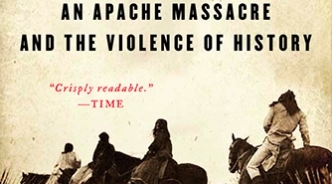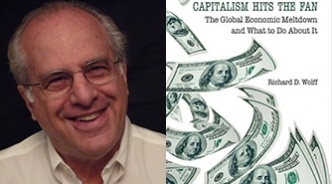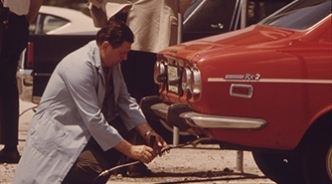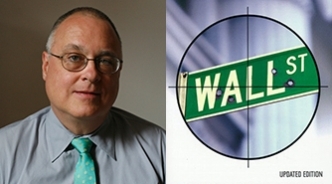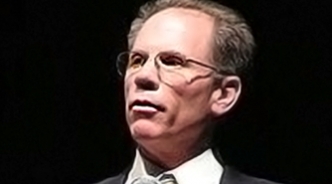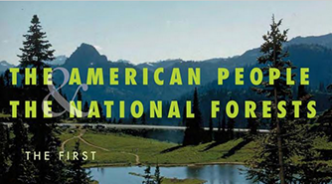Enjoy this new episode of History for the Future, featuring an interview with Karl Jacoby, professor of history at Brown University. Jacoby is the author of two award winning books, Crimes Against Nature: Squatters, Poachers, Thieves, and the Hidden History of American Conservation (2001), and most recently, Shadows at Dawn: A Borderlands Massacre and the Violence of History (2008). We talk about the history of the southwest and the forces that produced the massacre of Apache Indians outside of Camp Grant, near Tuscon, Arizona in April of 1871. Deeply concerned with myth, Jacoby also discusses how the memory of this event fits in with larger — and misleading — perceptions of Native Americans, violence, and the West we still wrestle with today. The book has a great website, so be sure to give that a click if you like the interview.
More
